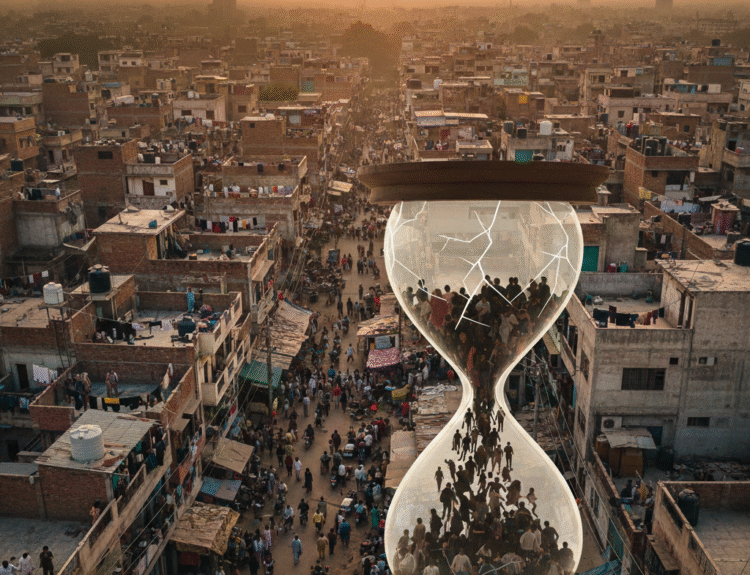
First published in 1818, Ozymandias is a sonnet written by Percy Bysshe Shelley. The poem explores the fleeting nature of power and serves as a critique on the inevitable decline of even the most powerful rulers and civilisation. Ozymandias tells the story of a traveler who encounters a vast, shattered statue in the desert. The statue, once depicted the mighty Ozymandias, a powerful ruler who believed that he would be remembered forever. However, time and the forces of nature have reduced the statue to ruins. The traveler reflects on the irony of the inscription on the pedestal, which proudly declares, “Look on my works, ye mighty, and despair.”
Despite the grandiosity of Ozymandias’ claim, there is nothing left of his empire, but sand and decay. Shelley uses vivid imagery to portray the ruins of the statue as a representation of human arrogance and the transient nature of material possessions and achievements. The colossal statue’s ironic inscription serves as a commentary on the folly of excessive pride and the ineffectiveness of power in the face of time. The once powerful Ozymandias is now forgotten and his legacy reduced to rubble.
In his novel, Les Miserables, Victor Hugo writes: “In fact, were it given to our human eye to see into the consciences of others, we would judge a man much more surely from what he dreams than from what he thinks. There is will in the thought; there is none in the dream. Even in the gigantic and the ideal, the dream, which is completely spontaneous, take and keeps the form of our mind. Nothing springs more directly and more sincerely from our innermost souls than our un-reflected and indefinite aspirations, much more than in ideas, which are structured, studied, and compared, can we find the true character of each man. Our chimeras are most like us. Each of us dreams the unknown and the impossible according to his own nature”.
Power is man’s primary trait. We want to control everything around us. This is true not only of pitiless rulers, but of every human being. Power hunger exists within us from the moment we are born. Despite the beginning of intellect, man remained helpless in the hands of instinct; therefore human history is stained with blood. Without thinking that power is always temporary, just as man is temporary. Still, due to his instinct, man not only makes himself anxious, but other human beings too. And then finally, all his power, pride and arrogance — and he himself — turn to dust. Reading human history, we come to the conclusion that man is only threatened by the man sitting inside him and he himself is his greatest enemy.
Nikola Tesla says: “But instinct is something which transcends knowledge. We have, undoubtedly, certain finer fibers that enable us to perceive truths when logical deduction, or any other willful effort of the brain, is fertile.” According to Freud, the question arises: while with the passage of time man he learned to control his instincts, why could he not finally eliminate them? In fact, there is a big difference between the evolution of cities and evolution of human mind. When a village gradually changes into a city, old buildings are replaced by new ones; old impressions are suppressed and new things appear in their place; and slowly and gradually, the memory of the old streets and neighbourhoods fades in the minds of residents. But the case of mental evaluation is the opposite: when the mind develops, the memory of old things stays fresh alongside new things. The old state of mind remains alive despite evolution and whenever it gets a chance, it destroys all stages of evolution and takes the mind back to the most ancient point. It is certain that while human beings continue to change themselves by gaining power and authority, their natural instinct never change.
Thus if we want to lead a relaxed and peaceful life and get rid of all kinds of problems, then instead of trying to change people, we need to change the system running in a country. A system based on transparency, merit and equality prevents people from becoming autocratic, cruel and corrupt, and human progress and prosperity can be a achieved under such a system.
– The writer is a senior analyst based in Hyderabad. He can be reached at aftabahmedkhanzada@gmail.com




